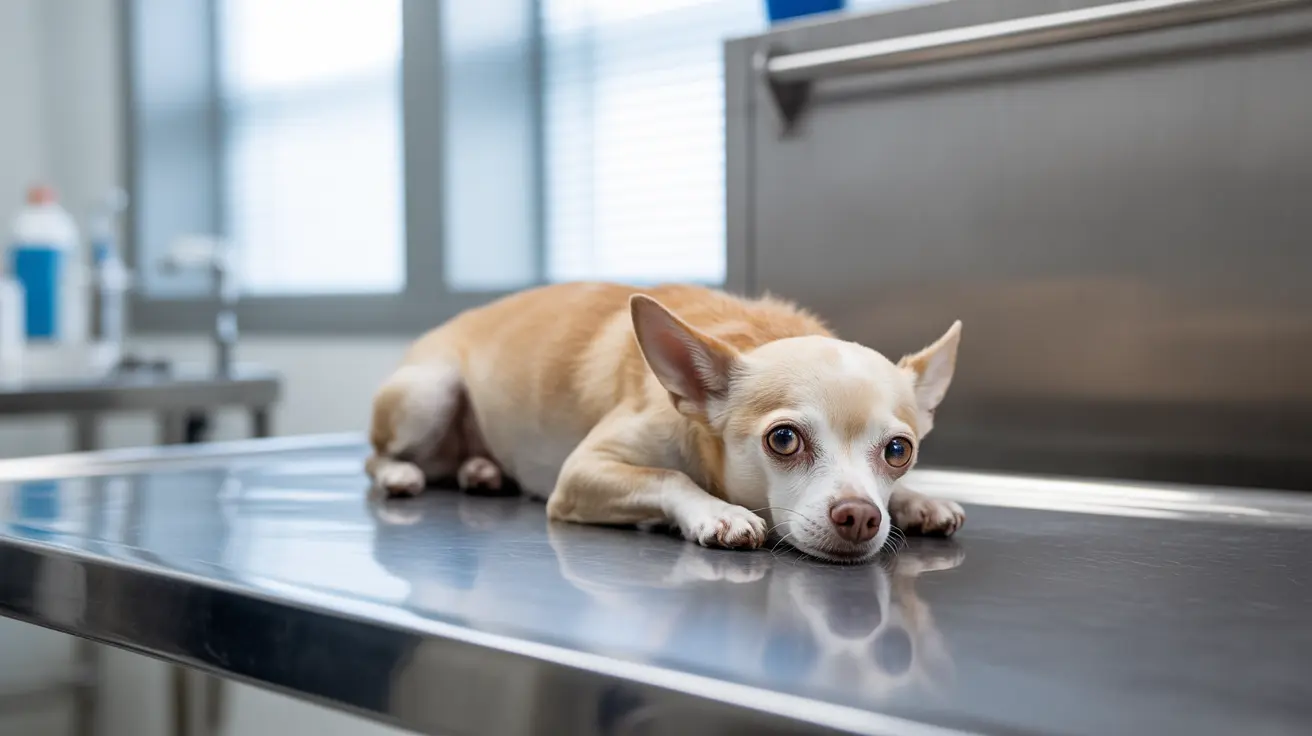Can Dogs Eat Cheese? Everything You Need to Know
Cheese is a popular treat among pet owners looking to reward their canine companions, but not all cheeses are created equal when it comes to your dog's health. Understanding which cheeses are safe, how much to offer, and what to avoid can ensure your pet enjoys this snack safely.
Is Cheese Safe for Dogs?
Yes, in moderation. Most dogs can eat cheese as an occasional treat. Cheese contains protein, calcium, vitamin A, B-complex vitamins, and essential fatty acids, making it a potentially nutritious snack. That said, it’s also high in fat, salt, and calories, which can be problematic in large amounts or for certain dogs.
Lactose Intolerance and Cheese Sensitivity
As dogs age, many become lactose intolerant. This means they lose the ability to efficiently break down lactose, the sugar found in dairy. Symptoms of lactose intolerance include:
- Vomiting
- Diarrhea
- Gas
- Bloating
- Stomach cramps
If your dog exhibits any of these after eating cheese, they may be intolerant and cheese should be avoided.
Best Cheeses for Dogs
Some plain cheeses are better options for dogs due to their lower fat and lactose content:
- Low-fat mozzarella
- Cottage cheese
- Cheddar
- Edam
- Gouda
- Swiss
- Red Leicester
Plain cream cheese (with no added ingredients) can be safe in small amounts, particularly when used inside toys or on lick mats for enrichment.
Cheeses to Avoid
Some cheese types and cheese products are dangerous or toxic to dogs and should never be fed:
- Blue cheese: Includes stilton, gorgonzola, Roquefort, Danish Blue, and Cabrales. These contain roquefortine C, a fungus-based toxin that can cause vomiting, diarrhea, fever, tremors, and seizures.
- Flavored cheeses: Cheeses containing onions, garlic, chives, herbs, nuts, or fruits are often toxic to dogs.
- Highly processed or spicy cheese: These often contain ingredients and chemicals unsuitable for canine digestion.
Dogs Who Should Avoid Cheese Entirely
While many dogs tolerate cheese in moderation, it’s important to avoid it entirely for dogs who:
- Are overweight or on a calorie-restricted diet
- Have pancreatitis or a history of the condition
- Suffer from kidney conditions
- Have food allergies or sensitivities
Using Cheese in Training and Medication
Cheese can be an excellent high-value reward during training sessions. Small morsels of cheddar, mozzarella, or cottage cheese can keep your dog motivated.
In some cases, plain cream cheese can be used to hide medications, but always consult your vet first—some meds interact with calcium in dairy, reducing their efficacy.
Safe Cheese Feeding Guidelines
- Start with tiny amounts to monitor tolerance.
- Limit cheese intake to less than 10% of daily caloric needs.
- Use low-fat, low-sodium, plain cheese only.
- Avoid blue cheese or any cheese with flavorings or additives.
Special Considerations for Puppies
Puppies should be given cheese only sparingly. Their primary nutrition must come from complete puppy food. Use tiny cubes of mild cheese during training, if desired.
Emergency Situations and Veterinary Advice
If your dog consumes a large quantity of cheese, particularly a toxic variety, monitor for distress symptoms. Contact your veterinarian immediately if you notice vomiting, diarrhea, tremors, or unusual behavior.
Conclusion
Plain cheese, in small amounts, is usually safe and even beneficial for most healthy dogs. Watch for signs of intolerance, avoid dangerous varieties, and always use cheese mindfully. It's best to consult your vet if you’re ever unsure about adding cheese to your dog’s diet.





